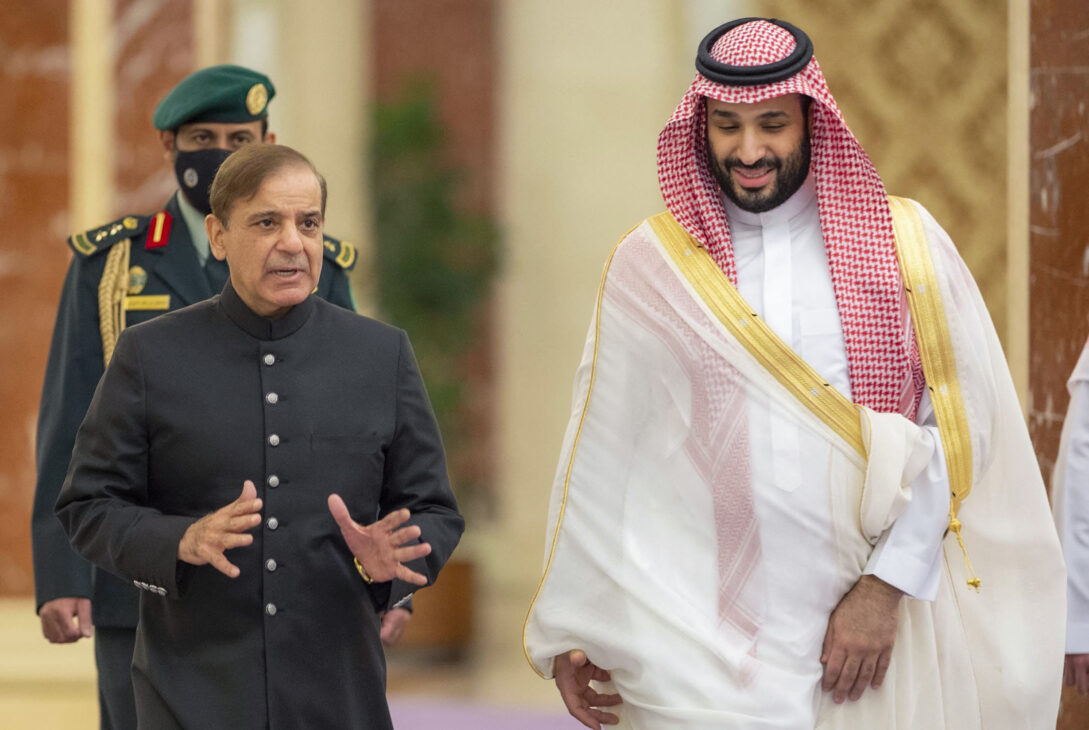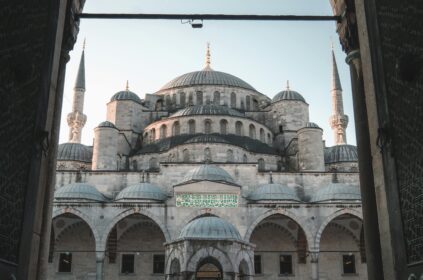The recent signed Pakistan–Saudi Arabia Strategic Mutual Defence Agreement (SMDA) is one of the most significant events in South Asian and Middle Eastern geopolitics in recent history. It is not a diplomatic handshake; the agreement ushers in a new era in military collaboration, deterrence, and regional security framework.
A Long Tradition, Now Formalized
Pakistan and Saudi Arabia have been in close military collaboration for decades. Pakistani military officers have served in the Kingdom, training exercises have been frequent, and defence co-operation has regularly been formalised behind closed doors. What SMDA does is solidify these alliances. In binding themselves that an attack on one would be construed as an attack on both, Riyadh and Islamabad have moved on from friendly co-op to a formal alliance.
There is potent symbolism involved. Saudi Arabia, long reliant upon U.S. protection of its security, is diversifying defence relationships openly. Pakistan, in turn, is marketing itself as a large Muslim military power capable — and determined — to project security beyond South Asia.
Why Now?
Timing is crucial. It was signed amidst rising volatility in the Middle East — ranging from Israeli attacks in the Gulf to tensions with Iran. Saudi Arabia watched closely as American commitments for providing security waxed and waned, prompting Riyadh to diversify bets. An alliance with Pakistan formally affords the Kingdom a strategic ally as much as a deterrent umbrella.
It is an increase in political standing and potential economic gains for Pakistan. It cements relationships with one of Pakistan’s most reliable friends and offers new avenues for defence co-operation, investment, and energy security.
Implications for the Region
The defence pact will not go unnoticed.
India’s Worries: New Delhi has already been vocal about discomfort, reminding Riyadh of its “sensitivities.” India, with whom Saudi Arabia enjoys close energy and economic ties, is worried that the agreement might provide an advantage to Pakistan.
Reaction of Iran: Tehran, entangled in complicated relations with Pakistan and Saudi Arabia at the same time, will be wary of a military alliance that looks aimed against it.
Global Powers: The agreement between Beijing and Washington is an indicator of shifting dynamics in the Gulf. Even if Washington remains a major player in security, diversification through Saudi Arabia, including closer Chinese and now Pakistani engagement, is an indication of a changing multipolar order.
The Nuclear Question
Arguably most contentious aspect is the degree to which it offers a de facto nuclear umbrella for Saudi Arabia. While Pakistani officials reassert their nuclear deterrent is directed against India, there are reasons why analysts say it necessarily spawns speculation. Even without direct assurances, belief in a backstop may alter deterrent calculus across the Middle East.
Opportunities and Risks
The agreement is a double-edged one for Pakistan. It highlights its role as a regional security guarantor, yet at the same time exposes it to dragging Islamabad into Saudi Arabia’s rivalries. An intensification of Riyadh’s rivalry with Iran, or neighborhood wars with Gulf nations, may land Pakistan in difficult situations.
Saudi Arabia, meanwhile, receives an assurance and a symbolism boost. It, nonetheless, must walk also very carefully between the strengthening alliance with Pakistan without jeopardizing one with India or alienating Western allies.
Looking Ahead
Pakistan–Saudi Defence Pact is, first and foremost, a statement of intent. It is an indication of trust, shared strategic understanding, and an intent to rethink past alliances. So much, however, will depend upon how the pact is indeed operationalised. Will it lead to joint command systems, defence manufacturing, and fusion of intelligence? Or will it be mainly symbolic, brought out hardly ever other than in emergencies?
What is clear is that this agreement actually redefined the region’s strategic imagination. South Asian and Middle Eastern security are directly tied for the first time in decades — with Pakistan and Saudi Arabia linking their futures.






